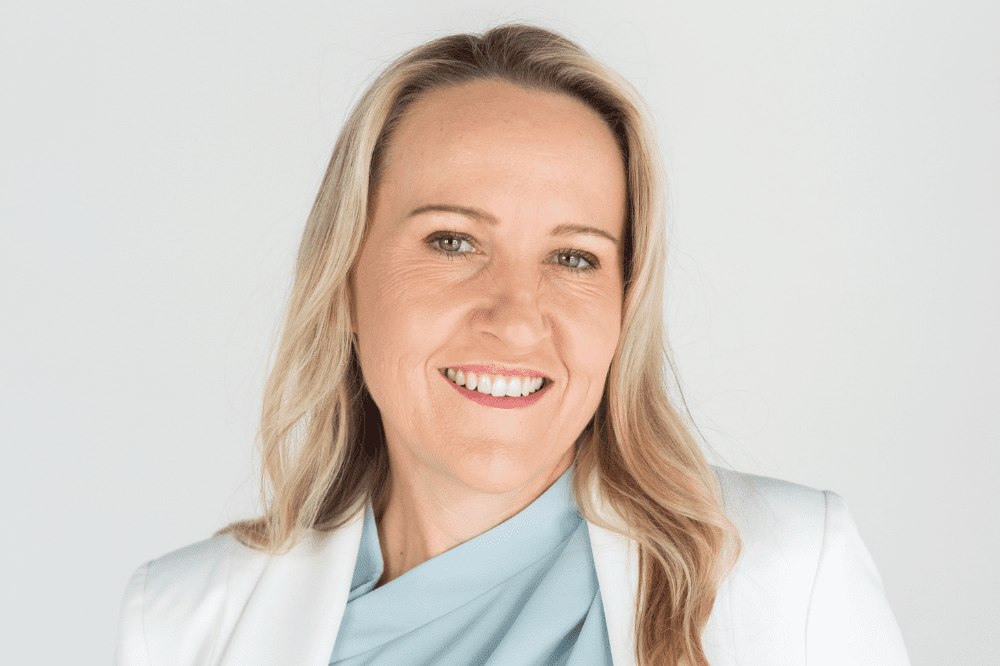Is it time to scrap broker commissions?

Meanwhile, Phil Kewin, the National Insurance Brokers Association (NIBA) CEO, has just put in a submission to the government’s Quality of Advice Review arguing the opposite. NIBA, which represents 15,000 brokers, said its members depend on insurer commissions for their livelihood and that it allows them to give affordable, quality advice to their customers.
Read more: NIBA’s fight for broker commissions
Carter said NIBA is doing “an excellent job representing my industry.”
“I can understand why there would be resistance from the majority and that’s why NIBA is advocating for the majority and that’s what they should be doing,” she said.
However, Carter agreed that insurer commissions can sway brokers to sell certain insurance products which means the clients’ interests are not coming first.
“Absolutely,” she said. ‘That’s why I’ve moved my business to 100% fee for service. I can sleep well at night knowing that the advice I’m giving my clients is 100% in their best interests because if an insurer offers me 20% commission or 10% commission, it doesn’t influence the advice I give to the client,” added Carter.
However, she wouldn’t say that the commission system is creating bad or biased brokers.
“I don’t think I can say there are brokers out there that are doing a bad job because they’re showing a preference for higher commissions. I think that’s too much of a general statement,” said Carter.
The Clear Insurance managing director said commissions can have a role for some insurance areas.
“For example, in domestic insurance products, if there’s what is perceived to be a large advisor fee for a home insurance policy, potentially, consumers won’t use a broker to buy domestic products,” she said.
Carter said for small business or micro business policies the consumer could suffer if the advisor’s fee is too high. However, she’s very clear on her own position.
“I call myself an advisor, not a broker, I’m a risk advisor – I think we should be fully transparent with what we earn, no different to accountants or lawyers,” she said.
Carter said there shouldn’t be an industry rule about commissions and said the Royal Commission into Misconduct in the Banking, Superannuation and Financial Services Industry has already found that commissions should stay.
“I think it should be each broker’s decision whether they want to move to a fee-for-service model or not,” she said.
Carter’s brokerage serves a mix of industries including hospitality, construction, aviation, manufacturing and professional medical services. For these larger, complex commercial customers she believes a fee for service model is appropriate.
“Typically, their overall program spend falls between $30,000 and $500,000 a year,” she said.
“I’ve implemented it in my business, listened to my clients and it’s working. I’ve grown my business, my clients are happy, my retention rates are strong and it’s an easy conversation to have with clients,” she added.
In the end, she said, insurance is a relationship business and it doesn’t matter how much commission insurers are paying or what their underwriting guidelines are.
“If I engage with insurers professionally and I’m easy to deal with as a broker, the underwriter will potentially show me preference rather than work with a difficult or rude broker,” she said.
However, some insurers are difficult to budge from the commission model.
“Insurance is a very complex industry, and some underwriting agencies don’t want to take out the commission because it’s how they operate their business,” said Carter.
She said some insurers see it as easier to take the cookie-cutter approach and still pay commission on every policy.
“We find some insurers pushing back on our request to cut the commission and saying, ‘What do you want to do that for? Just leave it in,” she said.
Read next: Should brokers still be paid by commission?
However, removing commissions, she said, has clear benefits for the consumer including paying less GST and stamp duty.
“When you have commissions built into the premium, you’re paying tax on the commission. So, for large complex programs, net premiums save the clients’ money,” she said.
Carter added that global brokers like Aon and Marsh with big corporate clients have operated on a fee-for-service model for many years.
She said insurance brokers are “a vital part” of the economy because complex commercial insurance can’t be bought without their advice.
“I don’t think there can be a hard and fast rule about how we are paid. However, I think there can be much more transparency around how we operate,” she said.
Brisbane brokerage Clear Insurance is a corporate authorised representative of Insurance Advisernet Australia.





